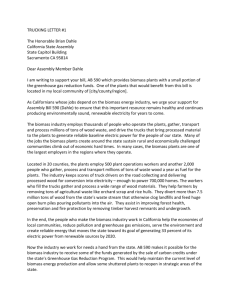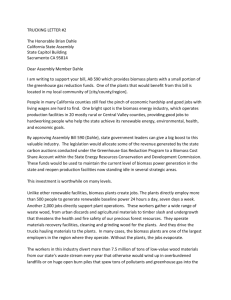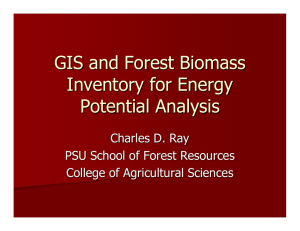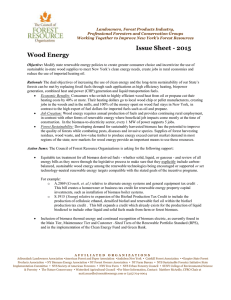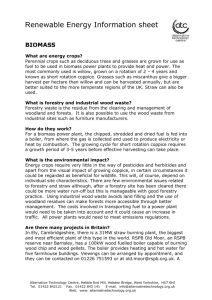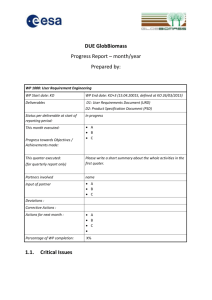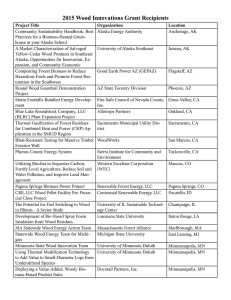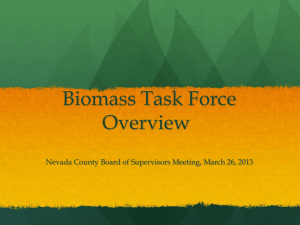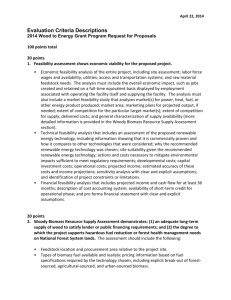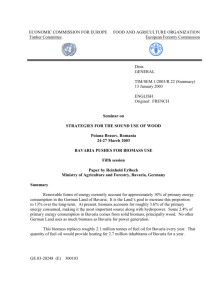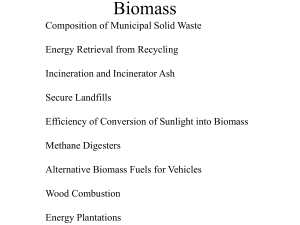letter to government
advertisement
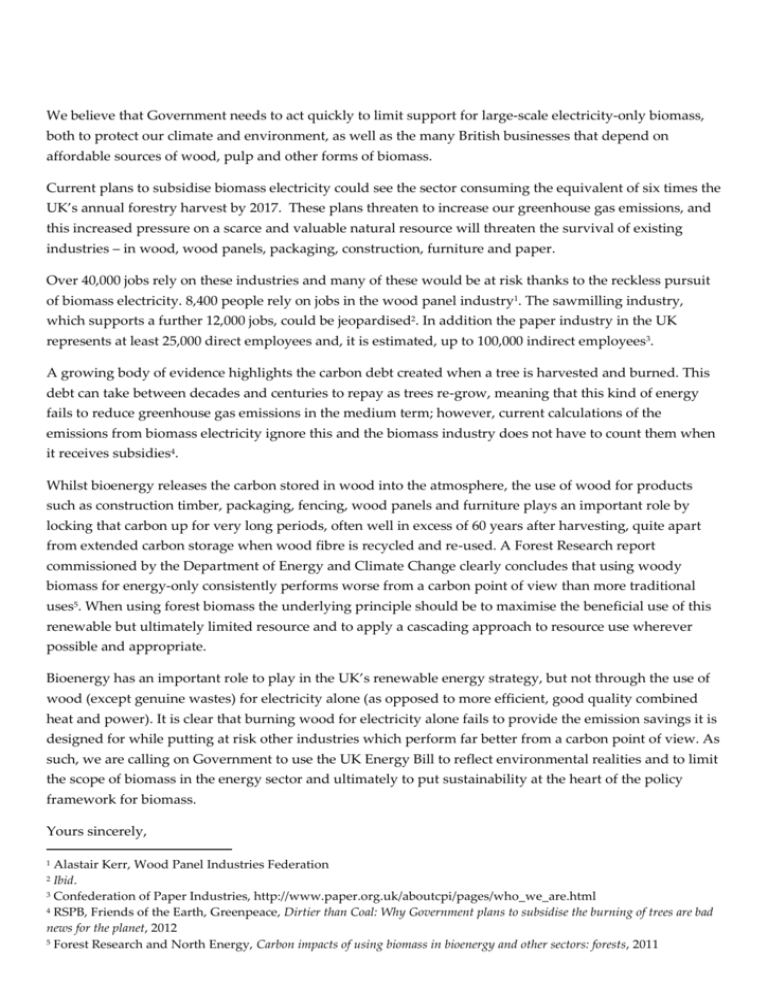
We believe that Government needs to act quickly to limit support for large-scale electricity-only biomass, both to protect our climate and environment, as well as the many British businesses that depend on affordable sources of wood, pulp and other forms of biomass. Current plans to subsidise biomass electricity could see the sector consuming the equivalent of six times the UK’s annual forestry harvest by 2017. These plans threaten to increase our greenhouse gas emissions, and this increased pressure on a scarce and valuable natural resource will threaten the survival of existing industries – in wood, wood panels, packaging, construction, furniture and paper. Over 40,000 jobs rely on these industries and many of these would be at risk thanks to the reckless pursuit of biomass electricity. 8,400 people rely on jobs in the wood panel industry1. The sawmilling industry, which supports a further 12,000 jobs, could be jeopardised2. In addition the paper industry in the UK represents at least 25,000 direct employees and, it is estimated, up to 100,000 indirect employees3. A growing body of evidence highlights the carbon debt created when a tree is harvested and burned. This debt can take between decades and centuries to repay as trees re-grow, meaning that this kind of energy fails to reduce greenhouse gas emissions in the medium term; however, current calculations of the emissions from biomass electricity ignore this and the biomass industry does not have to count them when it receives subsidies4. Whilst bioenergy releases the carbon stored in wood into the atmosphere, the use of wood for products such as construction timber, packaging, fencing, wood panels and furniture plays an important role by locking that carbon up for very long periods, often well in excess of 60 years after harvesting, quite apart from extended carbon storage when wood fibre is recycled and re-used. A Forest Research report commissioned by the Department of Energy and Climate Change clearly concludes that using woody biomass for energy-only consistently performs worse from a carbon point of view than more traditional uses5. When using forest biomass the underlying principle should be to maximise the beneficial use of this renewable but ultimately limited resource and to apply a cascading approach to resource use wherever possible and appropriate. Bioenergy has an important role to play in the UK’s renewable energy strategy, but not through the use of wood (except genuine wastes) for electricity alone (as opposed to more efficient, good quality combined heat and power). It is clear that burning wood for electricity alone fails to provide the emission savings it is designed for while putting at risk other industries which perform far better from a carbon point of view. As such, we are calling on Government to use the UK Energy Bill to reflect environmental realities and to limit the scope of biomass in the energy sector and ultimately to put sustainability at the heart of the policy framework for biomass. Yours sincerely, Alastair Kerr, Wood Panel Industries Federation Ibid. 3 Confederation of Paper Industries, http://www.paper.org.uk/aboutcpi/pages/who_we_are.html 4 RSPB, Friends of the Earth, Greenpeace, Dirtier than Coal: Why Government plans to subsidise the burning of trees are bad news for the planet, 2012 5 Forest Research and North Energy, Carbon impacts of using biomass in bioenergy and other sectors: forests, 2011 1 2 Mike Clarke Chief Executive and Member of the Independent Panel on Forestry David Sulman Executive Director United Kingdom Forest Products Association David Workman Director General Bob Livesey Egger Karl Morris Norbord Mike McKenna Kronospan Alastair Kerr Wood Panel Industries Federation John Sauven Executive Director Andy Atkins Executive Director John Dye President Hamish Macleod Director of Public Affairs John White CEO Michael Powell Chairman Jackie Bazeley Managing Director Paul Von der Heyde Chairman

